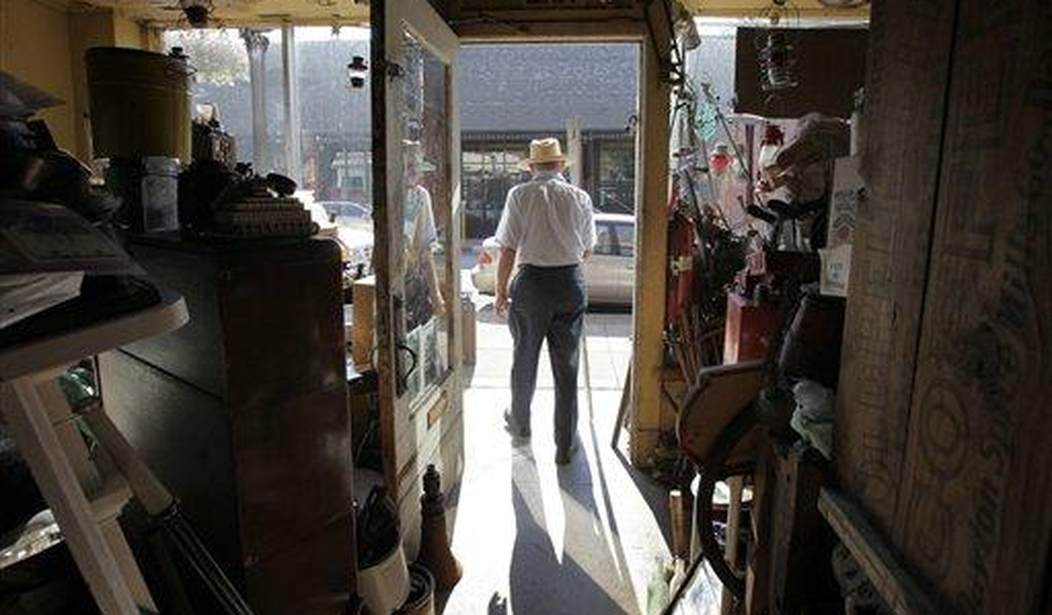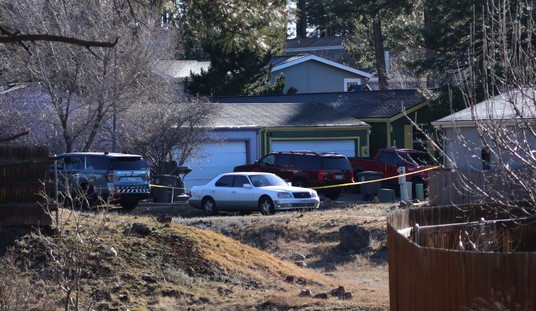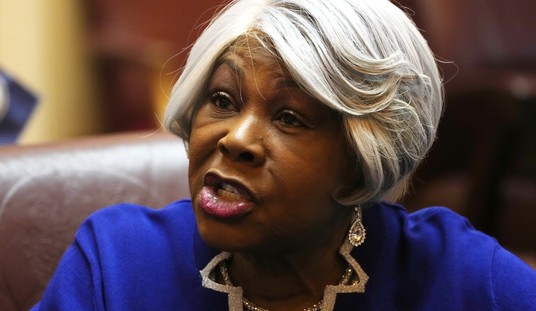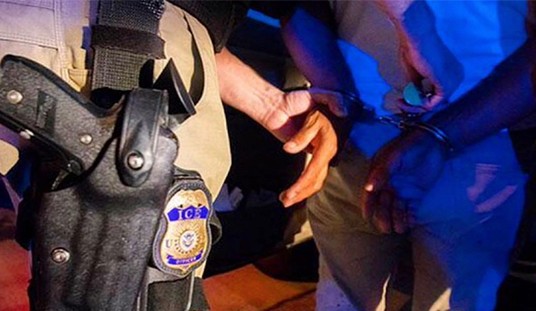I had some business in a local antique district this past week. When I finished, I decided to do one of my favorite things – antique shopping. I popped into a fantastic antiques mall and spent the next hour sifting through old clothes, photos, knick-knacks…all the things you usually see in that type of shop.
I’m an avid collector of old bibles and Black American memorabilia. I also do love a nice vintage handbag from time to time, and I have a weird obsession with salt and pepper shakers, thanks to my Gram (rest in peace, Gram).
As I perused their collections, I found myself gravitating towards clothing and jewelry. There were some incredible vintage dresses from the 60s and 70s, and the kind of accessories they don’t make anymore – solid, pretty, and durable. I ran my fingers over the fabrics. I tried on rings and necklaces. As I looked in the mirror, it struck me that I wasn’t just shopping for new things. The pieces that appealed to my aesthetic were more than just objects. They were what was left of someone’s life.
It stands to reason many of the objects in antique shops are from the estates of people who have passed on. Some are from the estates of people who have fallen on hard times, and had to sell off many of their belongings to stay afloat. All are symbols of a life once lived that is no longer.
I wondered about the lives of the people who had owned these objects. Were they happy? Were they religious? Were they from big families or small? Did they help others? Were they loved?
It almost seemed disrespectful to be fawning over objects that were there because someone else lost them to life’s circumstances. Of course, I couldn’t know the answer to my questions. In the end, to me they were just beautiful things that gave me a nice feeling. I can only guess about the lives those things lived in.
Our clothes, our possessions, our neat little knick-knacks and collections – they are only things. They cannot carry our victories or defeats, our struggles or our legacies. They possess no meaningful narrative for the people who once owned them. The sum total of our lives is not in what we own, but who we were and what we did with our time on this earth. I don’t know how many hats Martin Luther King, Jr. owned, or what colors or styles they were, but I do know that he changed America for the better. I don’t know how many pieces of jewelry Abigail Adams owned, but I do know that she was a warrior for emancipation, and the driving force behind a husband who helped form America and became one of our greatest Presidents. I don’t know if Harriet Tubman had a favorite scarf, but I know she rescued many people from slavery, and she served the cause of freedom in a way that shifted the course of this great nation.
Their legacies are in their being, not their possessions. Ours will be too.
As I brushed the lace collar of a beautiful old wedding gown in that shop, I was deeply struck by the notion that my things may one day be in this very spot, being looked at or laughed at or coveted by someone who has no idea who I am or what I’ve done with my life. I asked myself, “What will my legacy in this world be?”
I hope it will be one of pride in my nation and my family. I hope it will be one of service. I hope it will be one of faith and belief in a Creator who holds the entire universe in His hands. I hope I will be remembered as someone who stood up for the voiceless, and sacrificed for her neighbors. I hope it will be one of love and passion.
I might not be remembered long after I’m gone. Most of us won’t. How many of us even know the names of our great-great-grandparents or their parents or theirs? Even if you do know the name, what do you really know about the person? Memories fade in the face of time, but legacies are often nameless, and they create ripples that spread out across the span of time and space.
That’s what I hope for my life to create, and I hope it for you too.
And maybe some college kid will one day get a kick out of my collection of salt and pepper shakers.














